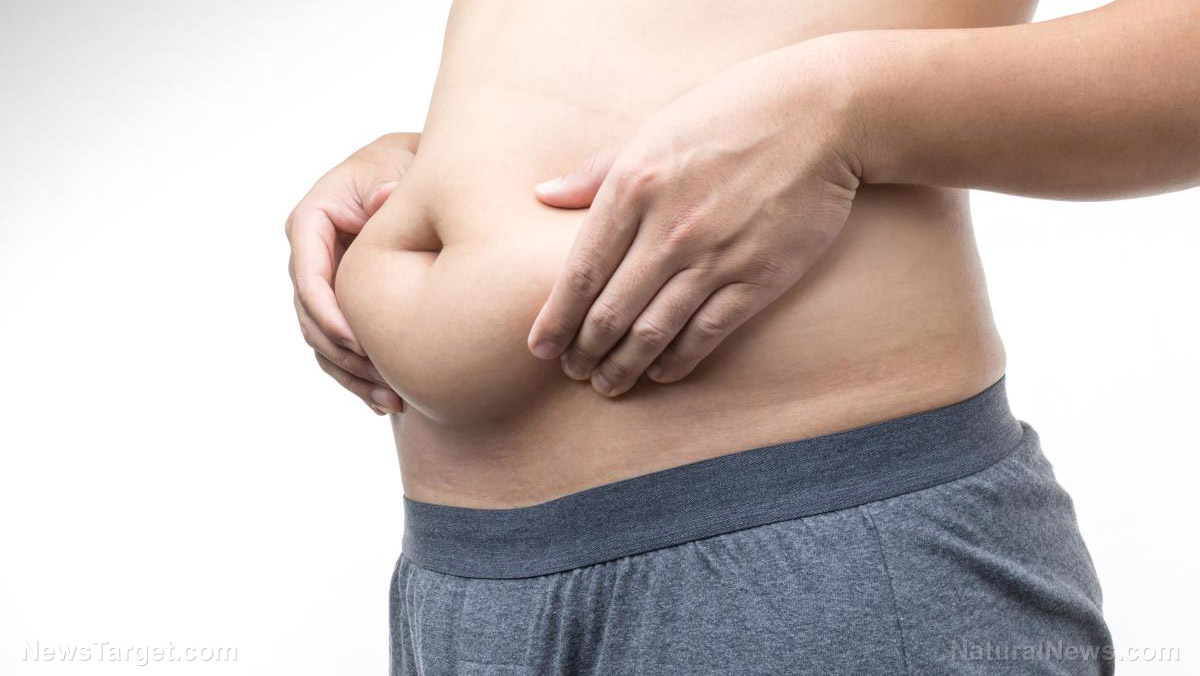Infertility found to be a side effect of weight loss surgery
09/19/2017 / By Tracey Watson

While fewer men make the drastic decision to undergo gastric bypass surgery to lose weight than women, those who are contemplating it should be aware of a new study which has determined that men who do choose to undergo the procedure – specifically the Roux-en-Y gastric bypass procedure (RYGB) – have a 57.1 percent higher risk of semen abnormalities after surgery. While obesity also poses a threat to fertility, this information is of particular importance to those who may be planning to lose weight so that they can start a family.
The study was conducted by a research team from the Hospital das Clinicas, ICHC, São Paulo, Brazil, and a doctor from Harvard Medical School, and was published in the peer-reviewed journal Bariatric Surgical Practice and Patient Care.
The research team included 79 sexually active men who were trying to conceive with a partner. The men represented four groups: The first group of 25 had undergone RYGB five years before the study; the second group of 23 had done so two years before; the third was a control group of 18 obese men who had not undergone surgery, and the fourth was another control group of 15 lean men who had not undergone surgery.
The Daily Mail notes that despite improvements in hormone levels, weight, and sexual quality of life, only four percent of the study participants who had undergone the surgery were able to father children, compared to 13 percent of those who did so before surgery.
Study results were determined by means of questionnaires completed by all participants.
Blood tests were taken for all the men to measure vitamin D and zinc levels, as well as glucose, testosterone and semen levels.
The power of the elements: Discover Colloidal Silver Mouthwash with quality, natural ingredients like Sangre de Drago sap, black walnut hulls, menthol crystals and more. Zero artificial sweeteners, colors or alcohol. Learn more at the Health Ranger Store and help support this news site.
Interestingly, in addition to elevated estradiol (estrogen) levels, men in both the group who had undergone surgery two years prior, and the obese control group, had very low levels of vitamin D. (Related: Boost male fertility with the right foods.)
These findings dovetail perfectly with those of a study presented at the European Congress of Endocrinology (ECE) in Lisbon in May of this year. As vitamin D levels have dropped in people around the globe, infertility rates have increased sharply, reaching between 10 and 15 percent among couples actively trying to conceive.
Science Daily, reporting on the study, noted:
Vitamin D, a hormone produced by the body through exposure to sunshine or obtained from foods such as fatty fish and egg yolk, helps the body control calcium and phosphate levels. Previous studies have linked vitamin D levels with a range of health problems including cardiovascular disease and cancer. …
Dr Elisabeth Lerchbaum, from the Medical University of Graz, has led much research on the effects of vitamin D supplementation in different aspects of male and female fertility. Research from her group and others suggests vitamin D affects many aspects of fertility in both genders, including influencing production and maturation of sperm cells in men, egg cell and uterine lining maturation in women, and sex hormone production in both sexes. …
In men, levels of vitamin D have been linked to semen quality and male hormone levels in both fertile and infertile men.
Both animal and human studies have confirmed that low vitamin D levels impact negatively on fertility.
Vitamin D is produced naturally by the body when it is exposed to direct sunlight. As the mainstream media, chemical sunscreen manufacturers and health practitioners have continued to fan the flames of “skin cancer is caused by sunshine” hysteria, more and more people are getting less and less sunshine, with devastating effects on everything from bone health and fertility to mental health. Health.com recommends at least 20 to 25 minutes a day of direct sunlight for optimal vitamin D production.
In addition, foods that are high in vitamin D include fatty fish like salmon and tuna, mushrooms grown in ultraviolet light to increase vitamin D content, egg yolks, and beef liver, among others. High quality vitamin D supplements are also available at most good health stores.
Sources include:
Tagged Under: Fertility, gastric bypass surgery, Infertility, male fertility, Roux-en-Y gastric bypass procedure, RYGB, side effects, sperm count, vitamin D, weight loss surgery




















